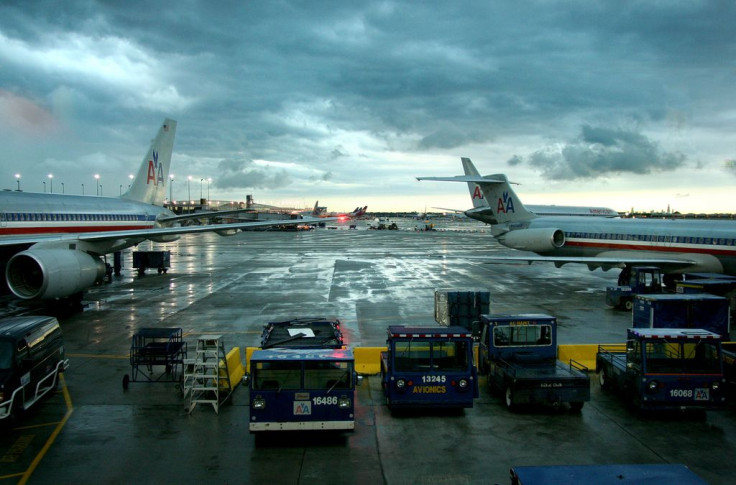What Is The Measles? Highly Contagious Virus Detected At O'Hare Airport

Two cases of the measles were confirmed in Chicago, the Illinois Department of Public Health confirmed Wednesday.
The first person infected with the virus was a passenger on an international flight who arrived in Terminal 5 of Chicago O’Hare International Airport on Jan. 10. The patient in the second case was both at the airport as well as the Concourse Office Plaza and two separate hospitals in the Chicago area.
The Illinois Department of Public Health was clear that there is no measles outbreak at the O’Hare airport, said a release. However, people who came in close contact with one of the infected individuals are at the highest risk of infection, including those who were on the same flights as the infected individuals.
What is measles?
Measles is a highly contagious virus that can linger both on surfaces and in the air for up to two hours after the infected person has left the room, according to the Centers for Disease Control. If someone is infected, 90 percent of the people they come in contact with while infected will also get infected if they aren’t protected, according to the CDC. The virus and subsequent infection puts one in four infected people in the hospital and one or two out of every 1,000 people infected die from it.
What are the symptoms of the measles?
Symptoms of the virus usually appear within a week to two weeks after exposure to the virus. It begins with a high fever, a cough, a runny nose and red watery eyes usually and progresses to also include a rash. The rash starts as flat red spots on the face and then works its way down to the neck, chest and then the extremities of the body, according to the CDC. Once the rash is present the fever can spike to 104 degrees Fahrenheit or more, a dangerous temperature.
Treatment:
Anyone who thinks they might have the measles should contact their doctor immediately, the CDC recommends. Vaccination history and whether or not it seems the patient has had measles in the past are factors that can help the doctor determine whether it is measles or another virus or infection. There is no medication specifically made to treat the measles, it is mainly treated by addressing symptoms and any subsequent complications or infections, according to the CDC.
© Copyright IBTimes 2024. All rights reserved.











